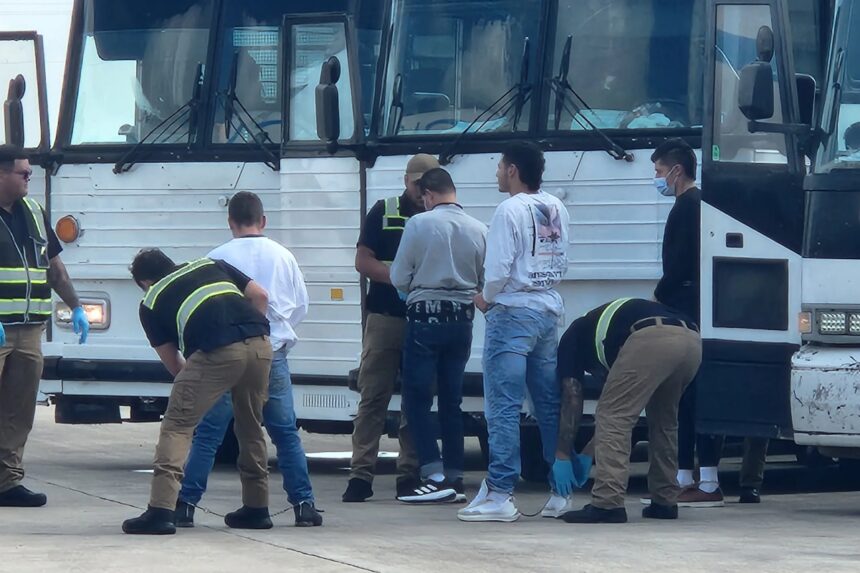Immigrants in the United States, regardless of their status, can access a variety of assistance programs that offer support in food, housing, health and education. Although the Trump administration’s immigration policies have restricted some benefits in 2025, several options remain available.
Below, we explore the key programs, their requirements and how to apply for them for the immigrant community.
Public benefits for immigrants
The U.S. government provides assistance programs through state and federal agencies for people who are low-income, disabled or homeless.
According to Benefits.gov, benefits vary by state and depend on income and family size.
In 2024, more than 10 million immigrants accessed these services, according to the Department of Health and Human Services, including qualified noncitizens such as refugees, asylees, and permanent residents.
Eligibility for non-citizens
Qualified non-citizens, such as Green Card holders, refugees, asylees, and victims of trafficking, are eligible for many benefits.
However, a July 2025 reconciliation law excluded groups such as TPS and DACA recipients from programs such as SNAP and Medicaid beginning in October 2026, according to DHS.
Undocumented immigrants can still access local services, such as food pantries, regardless of their immigration status.
Temporary Assistance for Families (TANF)
As a result, TANF provides cash to cover food, housing and child care.
Payments, delivered by debit card or direct deposit, vary by state.
For example, in California, a family of three can receive up to $925 per month, according to the Department of Social Services.
Qualified non-citizens are eligible, but must verify state requirements. Applications are submitted to local TANF offices.
Medicaid and CHIP for health
On the other hand, Medicaid and the Children’s Health Insurance Program (CHIP) provide free or low-cost health coverage.
Children and pregnant women, even undocumented, qualify for emergency Medicaid in most states, according to CMS.
However, as of October 2026, refugees and asylees will lose access to Medicaid, although some states will maintain coverage for children.
Applications are processed at state health agencies.
SNAP food program
However, SNAP, known as food stamps, helps low-income families with an EBT card to buy food.
In 2024, 1.2 million noncitizens received SNAP, according to the USDA.
Qualified noncitizens and children under 18 are eligible, but TPS and DACA recipients will lose access in 2026.
Contact your state SNAP office to apply or visit a food pantry for immediate support.
Housing and utilities
In addition, public housing agencies offer apartments at reduced rents and vouchers for low-income families.
In 2023, 300,000 immigrants accessed these programs, according to HUD.
The LIHEAP program helps with energy bills, averaging $400 per year per household, according to the Department of Energy.
Undocumented immigrants may qualify for LIHEAP in some states. Apply at local housing or LIHEAP offices.
Refugee education and services
Head Start offers free preschool for low-income families, including undocumented immigrants in most states.
The Office of Refugee Resettlement (ORR) provides cash (RCA) and medical (RMA) assistance for up to 4 months for refugees and asylees, according to HHS.
Although some ORR services face cuts in 2025, local agencies continue to support newcomers with employment and training.
Community resources
For benefit information, visit Benefits.gov or contact the Department of Health and Human Services at 1-877-696-6775.
Organizations such as the National Immigration Law Center (1-213-639-3900) offer free advice.
As immigration policies evolve, knowing what programs are available can make a difference for immigrants in the US.
This article was originally published in Nueva News.






















